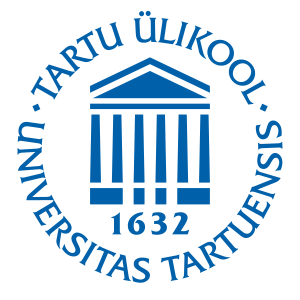 601-700
601-700 


The University of Tartu (UT), founded in 1632, is one of the oldest universities in North-eastern Europe. As Estonia’s only classical university, UT embraces a wide variety of academic fields. The University’s mission is to preserve and promote learning in Estonia by conducting internationally recognized research and providing world-class research-based higher education. UT has 9 faculties with more than 70 departments and institutes, four colleges and several regional development units. Faculties: Theology, Law, Medicine, Philosophy, Exercise and Sports Sciences, Science and Technology, Economics and Business Administration, Mathematics and Computer Science, Social Sciences and Education. Colleges: Narva College, Pärnu College, Euro College, Viljandi Culture Academy. As of end of 2014, approximately 14,500 students are enrolled, including close to 700 international students. The university staff comprises 3700 employees, including 1880 academic staff members (206 professors). UT's current programme offer includes 60 Bachelor, 72 Master's and 34 Doctoral study programmes. UT also offers a growing number of degree and short-term study programs taught in English. International master programs and semester modules are available in the fields of Baltic Studies, EU-Russian Studies, Semiotics, Software Engineering, Estonian and Russian as Foreign Languages, Applied Measurement Science, Actuarial Mathematics, Cryptography, and more. UT accounts for over half of Estonia’s national research output with nearly 3000 research articles published annually and 100 doctoral degrees conferred each year. UT’s research projects receive 50% of national research allocations. According to information on the ISI Web of Science, UT belongs to the top 1% of the worlds's most cited universities and research instituions in the follwoing fields: Clinical Medicine, Chemistry, Environmental Science/Ecology, Plant and Animal Science, Geosciences, Social Sciences (general), Biology and Biochemistry, Engineering. UT has entered into cooperation agreements with 69 universities and research institutions in 26 countries, and participates in the activities of several European university networks, such as the Utrecht Network and the Coimbra Group.
 601-700
601-700 
| Subject | Rank |
|---|---|
Ecology | 101-150 |
Political Sciences | 101-150 |
Earth Sciences | 201-300 |
Atmospheric Science | 201-300 |
Biological Sciences | 201-300 |
Education | 201-300 |
Psychology | 201-300 |
Human Biological Sciences | 301-400 |